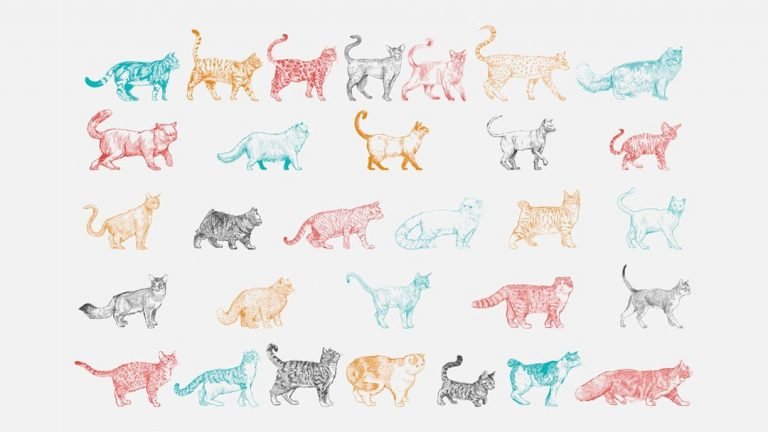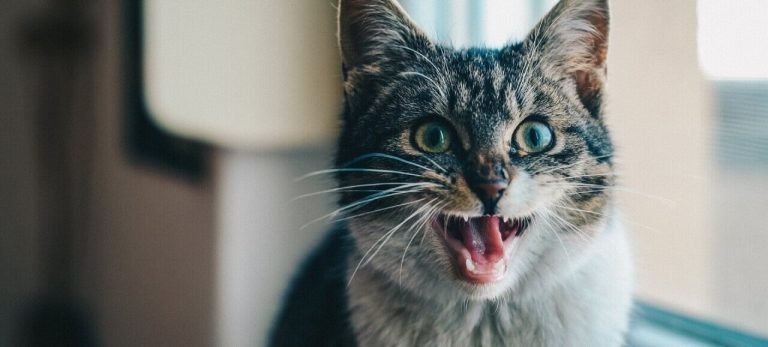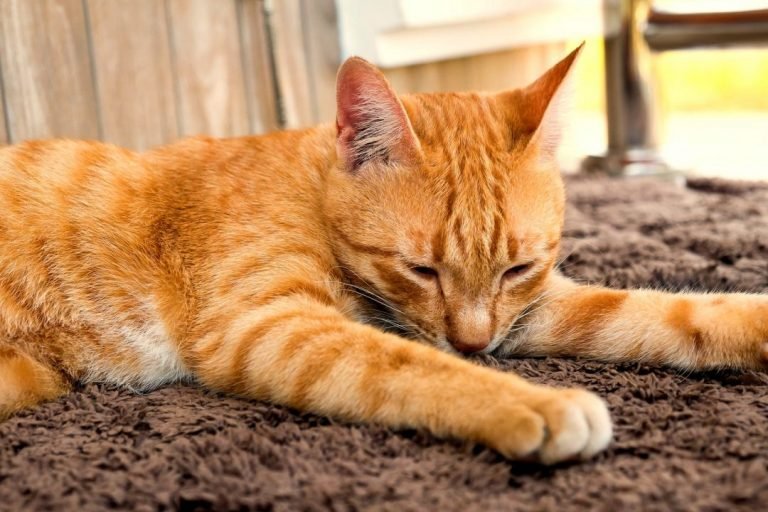At What Age Do Cats Stop Growing?
Your tiny kitten won’t stay tiny forever. They grow fast. Knowing when they stop getting bigger, and what happens along the way, helps you care for them. This guide walks you through your cat’s first year. It covers their growth stages, feeding advice, and when they need their shots. You’ll learn how to help your kitten grow into a healthy, happy adult cat. It’s a busy first year, full of changes for both of you. We’ve pulled together the important stuff to make it easier to understand.
When Do Kittens Grow Into Full Size Adult Cats
A kitten is more than just a small cat. They go through a lot of changes to become an adult. Their behavior shifts, and their needs change too. Knowing what to expect lets you prepare. It helps you give your cat the best chance for a long, happy life.
Most cat experts agree kittens stop being kittens around one year old. That’s when they reach their full physical size. Their first year of life breaks down into key stages:
- Birth to 7 weeks
- 7 to 12 weeks
- 3 to 6 months
- 6 months to 1 year
We’ll look at each of these stages more closely.
From Birth to 7-8 Weeks Old
The first 7 to 8 weeks are super important for a kitten. This is when they usually stay with their mom and littermates. During this time, their personality starts to form. What kind of cat they become later on depends a lot on these early weeks.
Their diet is a big deal right now. Mother’s milk gives them important antibodies to fight sickness. They slowly switch from milk to solid food. Kittens do most of their early growth during this period. Watching them develop with their litter is really interesting.
When Your Kitten Comes to Stay: 7 to 11 Weeks
Most kittens move in with their new family between 7 and 12 weeks old. It’s hard to resist taking a tiny ball of fur home earlier. But, it’s better for their health if they stay with their mom until week 7 or 8. A good breeder always puts the kitten’s health first.
Once your kitten is home, you need to play with them. This helps them bond with you. Try games like hide and seek, or let them chase you. You can build little forts for them to explore and knock down. Gentle play-fighting can also teach them about boundaries.
Vaccinations
Your kitten needs their first shots around week 8. The second set should happen about a month later. Make sure to schedule these with your vet.
Food
At about 8 weeks, kittens can start eating wet food. Their stomachs are still small, so give them tiny meals often. Try to feed them at the same times each day. This builds a good routine. Only leave food out for 20 minutes maximum each time.
Adolescence: 3 to 6 Months
This is when your kitten really starts to grow up. They develop physically. You’ll also notice changes in their behavior. They might start trying to figure out their place in your home, especially if you have other pets. Their nutrition needs also change as they get older.
Developing Physically
One of the first big changes is losing their baby teeth. Don’t be surprised if you find tiny teeth on the floor. Their gums might hurt a bit. This is a good time to start brushing their teeth. Gently rub gauze on their gums, then get some cat-specific toothpaste. Your cat will likely become much leaner and stronger at this age. Some cats can even become ready to have kittens of their own.
Changes in Behaviour
As your kitten gets older, they might start testing limits. If you have other cats, they could try to challenge the “top cat.” This is normal; they’re just figuring things out. They might get a little moody, kind of like a human teenager. This stage is a good time to think about getting them spayed or neutered. Many vets suggest waiting until 6 months. But, doing it earlier can be better. Young female cats in heat can be very vocal. Young males will try hard to find a partner.
Additional Tips
- You can start trimming their nails around this age.
- Make sure to feed them kitten food.
- Brush their fur often to keep it nice.
- Get them scratching posts or towers. This saves your furniture.
- Be patient with them.
- Take lots of pictures and enjoy this time.
When Kittens Become Cats: 6 to 12 Months
As we said before, most cat experts agree that kittens become adult cats around their first birthday. By then, they’ll have their adult personality traits. They will also have reached their full size. At this age, you need to give them a bit more freedom. Let them explore and do their own thing. You can still play with them and set boundaries, but avoid being too clingy.
They should also be fully off kitten food by now. And they should be using their litter box all the time. Think of cats at this age like teenagers. They might be a mix of confused feelings and hormones. Keep them off counters and stop them from shredding furniture. A spray bottle can help here.
Some breeds, like Maine Coons, are different. They can take up to four years to reach their full size. So, don’t worry if your cat takes longer than a year to fully develop. Every cat is unique.
Additional Tips
- Never hit your cat, no matter how much they annoy you.
- If they seem to ignore you, don’t get mad. They might be listening, just not showing it.
- Never feed them human food.
- Set boundaries with a spray bottle, but don’t be too strict.
- Keep praising them when they do something good. But, you don’t need to go overboard like you did when they were a tiny kitten.
Time moves fast. Before you know it, your little fluff ball is a handsome, full-grown cat. Enjoy these younger days. If you do things right, you and your cat will have a long life together.






